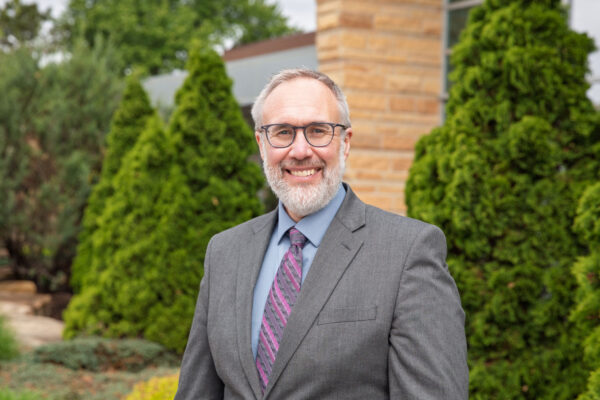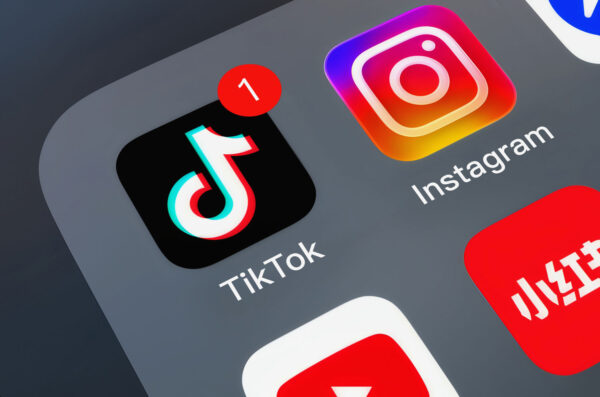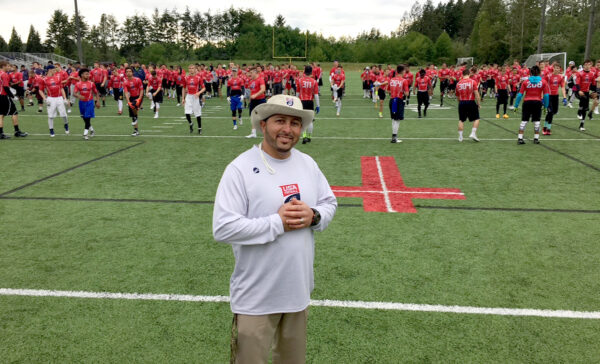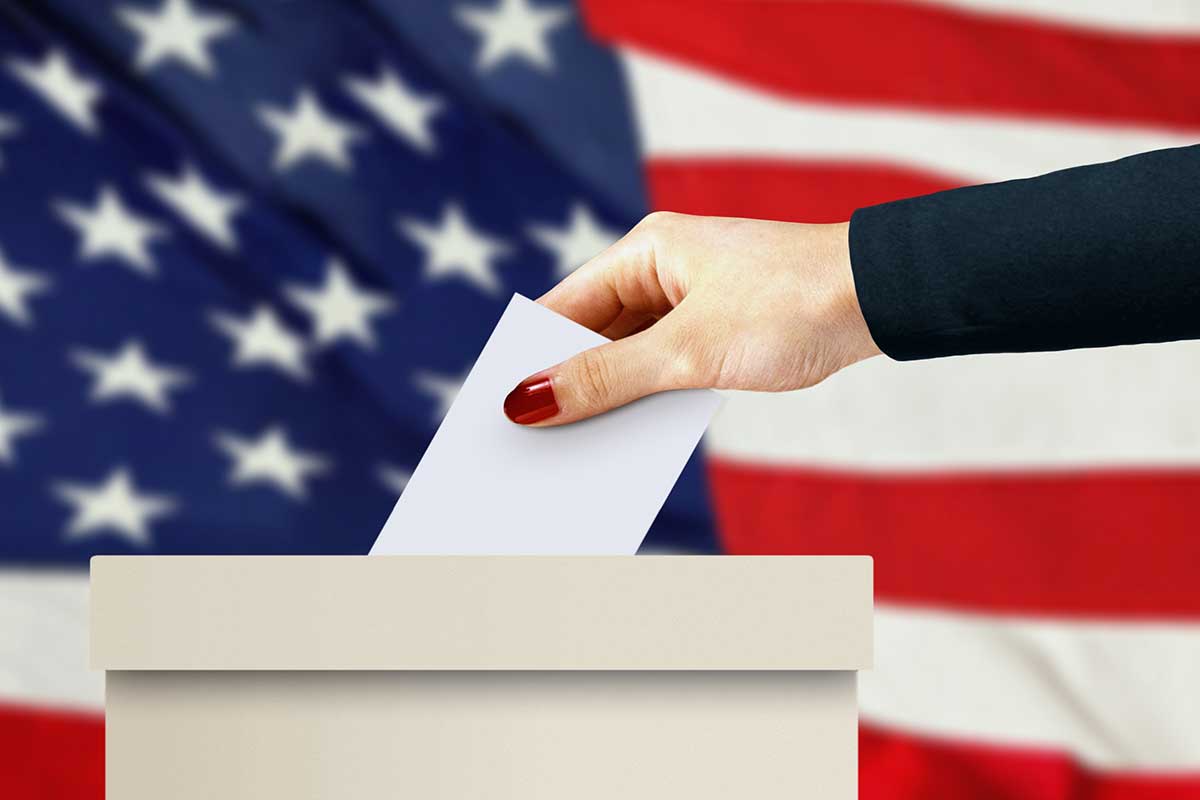
By Elisabeth Schnebele
Taken literally, the word democracy means “power to the people.” According to Ian Porter at the University of Washington Bothell, it was originally used as a derogatory term.
“It had long been considered a bad thing because the elites didn’t trust the people to govern themselves well,” he said. “It was synonymous with anarchy.”
Over time, the term evolved to signify a set of values that we now hold: freedom, equality, justice and equal treatment under the law. Porter, a lecturer in the First Year and Pre-Major Program, chose the timing of the election in November to take a deep look at democracy and developed the Discovery Core class, This is What Democracy Looks Like.
Putting values into practice
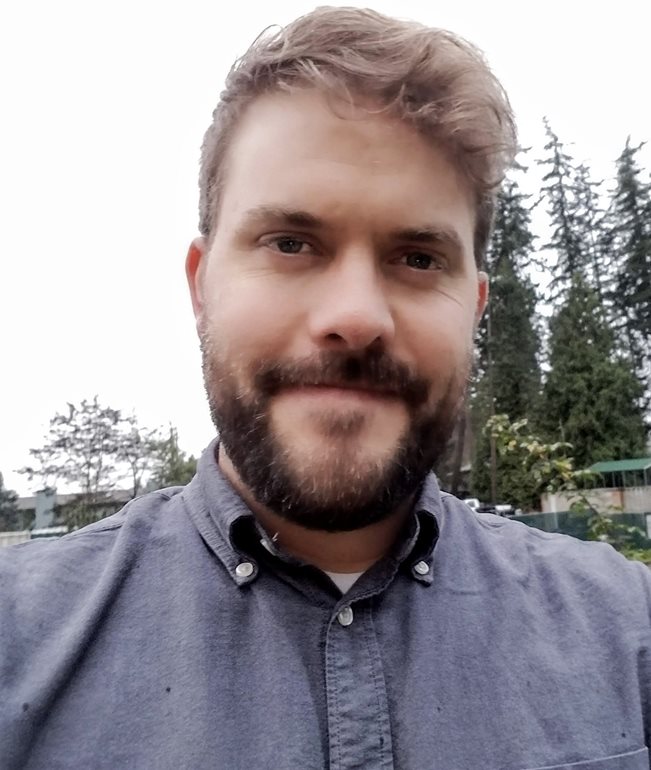
In any democracy, there are fundamental differences and beliefs among citizens, but Porter designed the course to focus on the values and ideals that are held across the political spectrum. “We can all agree on the values, but we might interpret them differently. I want to use this as a way to open conversations,” Porter said. “I want the focus to be on how we put the values into practice.”
Before even delving into the subject with his students, Porter put democracy into practice in the classroom. “Democracy is about self-government and collective self-rule,” he said. “Students should have a say in the values we want to uphold and the way we want to conduct class.”
Students discussed the syllabus and class contract, coming to an agreement on how to best manage themselves. By working in groups, they are also experiencing firsthand how individuals can work together to achieve a common goal. “Learning this when they first come to college will serve them well throughout their time here,” said Porter.
The students are encouraged to think about how democracy is understood on an individual basis, particularly the influence of people’s cultural and intellectual traditions. As the quarter progresses, the students will use graphic novels, documentary films, scholarship and popular press articles to look at how democracy is portrayed in the media and how that affects society.
Alex Martinez, now in his first year at UW Bothell, decided to enroll in the course because he wants to be as informed as possible during the upcoming election. He is hoping to learn more about ways he can get involved in advancing democracy.
Syrus Nelson was drawn to the course for similar reasons, expressing his desire to learn how people in the United States can build a better democracy. “The most important thing is learning how to work together, despite our various opinions,” said the first-year student.
Thinking about who counts
An Oct. 8 article by Glenn Thrush in The New York Times had this headline: “‘We’re not a democracy,’ says Mike Lee, a Republican senator. That’s a good thing, he adds.”
“We still see today in the public discourse that many people want to push back on the idea that we are or should be a democracy,” Porter said.
To address this kind of question, the class is exploring who is included and excluded from being “a part of the people who govern themselves,” he said. “The students will learn about whose voices get to be heard.”
The right to vote is an integral aspect of a democratic society. Yet not everyone living in a democratic society has that right, Porter said. He points to the census, taking place this year, in which everyone living in the United States is purported to be counted, regardless of citizenship or ability to vote.
“An undocumented immigrant counts the same as a citizen when we allocate the number of representatives, yet they don’t have a vote once they’re counted in the census,” he said.
“Even more important right now, with regard to how we include and exclude people in the electorate, is the issue of voter suppression. Even citizens with the right to vote are losing that right due to exclusionary and discriminatory laws and regulations.”
Beyond the politics of now
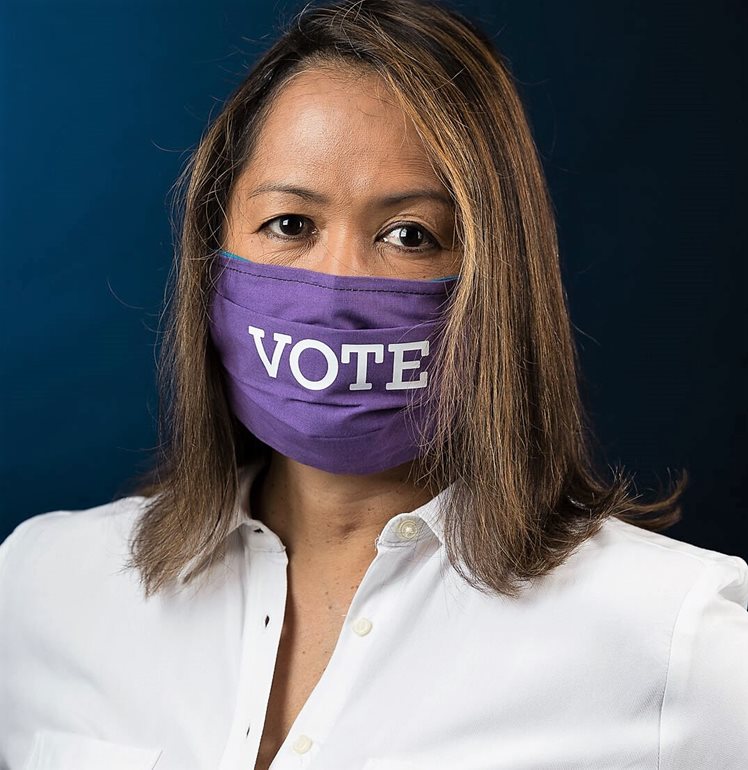
Porter wants this course’s subject matter to be both interesting and challenging. He also wants the class to be a welcoming space for students to make connections with other new students, understand resources on campus and start to create the college life they were anticipating before the coronavirus pandemic hit.
“I want to make it a meaningful and rewarding experience for them,” he said.
This course, and all Discovery Core classes at UW Bothell, introduce students to various resources and communities on campus. For example, Porter is incorporating a small research project in his class that requires the students to become familiar with academic resources that will help them to succeed.
He also hopes his students learn that the core of democracy is about putting values into practice. Learning how to collaborate with others, finding community and reaching agreements are not just integral aspects of democracy but also of student success, he said.
“This course goes way beyond the politics of right now,” he said. “It focuses on how we can learn to live well together. Regardless of the political context in which democracy exists, that has never been a bad thing.”
